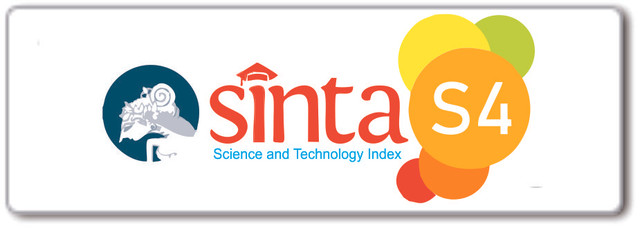Indonesia vs Japan in the Education System
DOI:
https://doi.org/10.24036/ijeds.v5i1.346Abstract
This study aims to compare Indonesian and Japanese education by using five indicators, namely the purpose of education, education management, education budget, education personnel, and salaries, as well as the learning evaluation process. The education system according to the National Education System Law No. 20/2003 it is stated that the National Education System is all components of education that are interrelated in an integrated manner to achieve national education goals. This research is based on a literature study by looking for theoretical references that are relevant to the cases or problems found. The results of this study According to Law No. 20 concerning "the National Education System" Chapter 1 General Provisions Article 1 paragraph 8 explains that the stages of education that have been determined are based on the level of development of students, the goals to be achieved and the abilities developed. The law explains that formal education in Indonesia consists of primary education, secondary education, and higher education. The financing of the education system in Indonesia is influenced by government policies. There are two financing systems, namely centralized and decentralized.



















